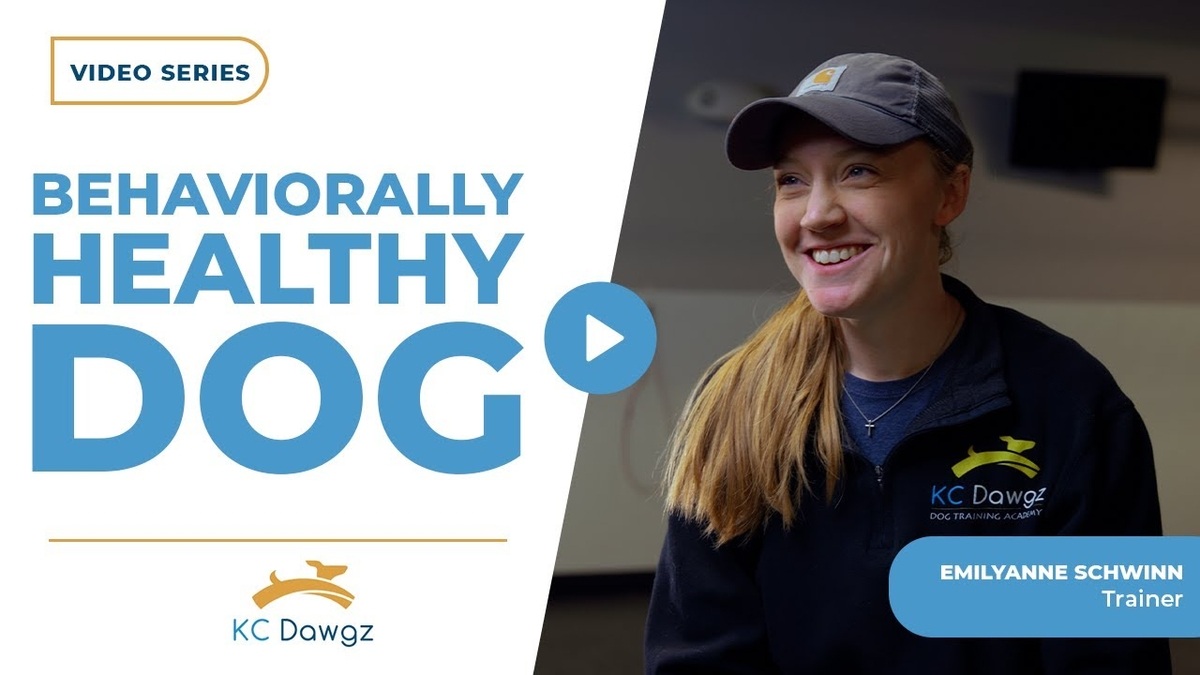Rehoming a dog is never an easy decision. Dogs are loyal members of the family, and parting with them can feel heartbreaking. But when behavioral issues become too difficult to manage, rehoming may start to feel like the only solution. Fortunately, behavior modification training can often save a dog from being rehomed—it can help you address problem behaviors and rebuild a stronger, more rewarding relationship with your dog.
Common Reasons for Rehoming a Dog
Many of the reasons dogs are rehomed stem from behavioral issues that feel unmanageable. Some of the most common include:
- Jumping on people: This can be frustrating and even dangerous for small children or elderly family members.
- Counter surfing or digging in the trash: These behaviors can lead to messes and even health concerns for the dog.
- Aggression toward other dogs: Especially in multi-dog households, fights between dogs can escalate quickly.
- Adjustment issues in rescue dogs: Newly adopted dogs often struggle to fit into their new environment, leading to additional stress for the family.
These challenges can feel insurmountable, but they’re often solvable with the right approach.
Addressing Undesirable Behaviors
When working on behavior modification, the first step isn’t just stopping the bad behavior—it’s understanding why the dog is acting that way. For example:
- Digging in the trash: Is your dog bored or looking for food?
- Jumping on the counter: Is the dog seeking attention or trying to satisfy curiosity?
By identifying the root cause, we can create solutions that address both the behavior and the underlying motivation. For instance:
- Providing mental enrichment through puzzle toys or games can alleviate boredom.
- Establishing clear boundaries and training routines helps a dog understand what behaviors are acceptable.
- Encouraging confidence-building activities can reduce anxiety and help a dog feel secure in their environment.
Building a Deeper Connection
Behavior modification isn’t just about fixing what’s wrong; it’s about building a stronger relationship with your dog. Dogs thrive when they feel understood and supported, and training can become a way to deepen that bond.
- Positive reinforcement: Rewarding good behavior encourages dogs to repeat it.
- Emotional enrichment: Helping your dog feel safe and loved reduces stress and fear.
- Consistency: A predictable routine builds trust and reduces confusion.
When you focus on the bigger picture, you’re not just teaching your dog to behave—you’re creating a happier life for both of you.
Addressing the Stigma Around Rehoming
The thought of rehoming often comes with guilt and judgment. Many pet owners feel like they’re breaking a promise to their dog. While those emotions are valid, it’s important to remember that the ultimate goal should always be the dog’s quality of life. Sometimes, rehoming is the best option for a dog to thrive, but it should always be a last resort after exploring solutions like training, enrichment, and relationship building.
When Rehoming is the Best Option
Despite your best efforts, there are cases where rehoming is the best choice for everyone involved. If a dog’s behavior poses a danger to family members or other pets, or if the dog’s needs cannot be met in your home, rehoming might be the compassionate decision. However, before reaching this point, consider these steps:
- Work with a professional trainer: Expert guidance can make all the difference.
- Try different approaches: Some dogs respond better to specific training methods or enrichment activities.
- Evaluate the environment: Sometimes, small changes to your routine or space can resolve big issues.
In Summary
Behavior modification training has the power to save a dog from being rehomed. By addressing both the symptoms and the root causes of undesirable behaviors, you can help your dog thrive in your home. At KC Dawgz, we specialize in creating tailored training plans that meet the needs of both dogs and their families. Whether your dog is struggling with aggression, anxiety, or other challenges, we’re here to help.
If you’re feeling overwhelmed and unsure of what to do next, contact us today. Let’s work together to create a better future for you and your dog.




